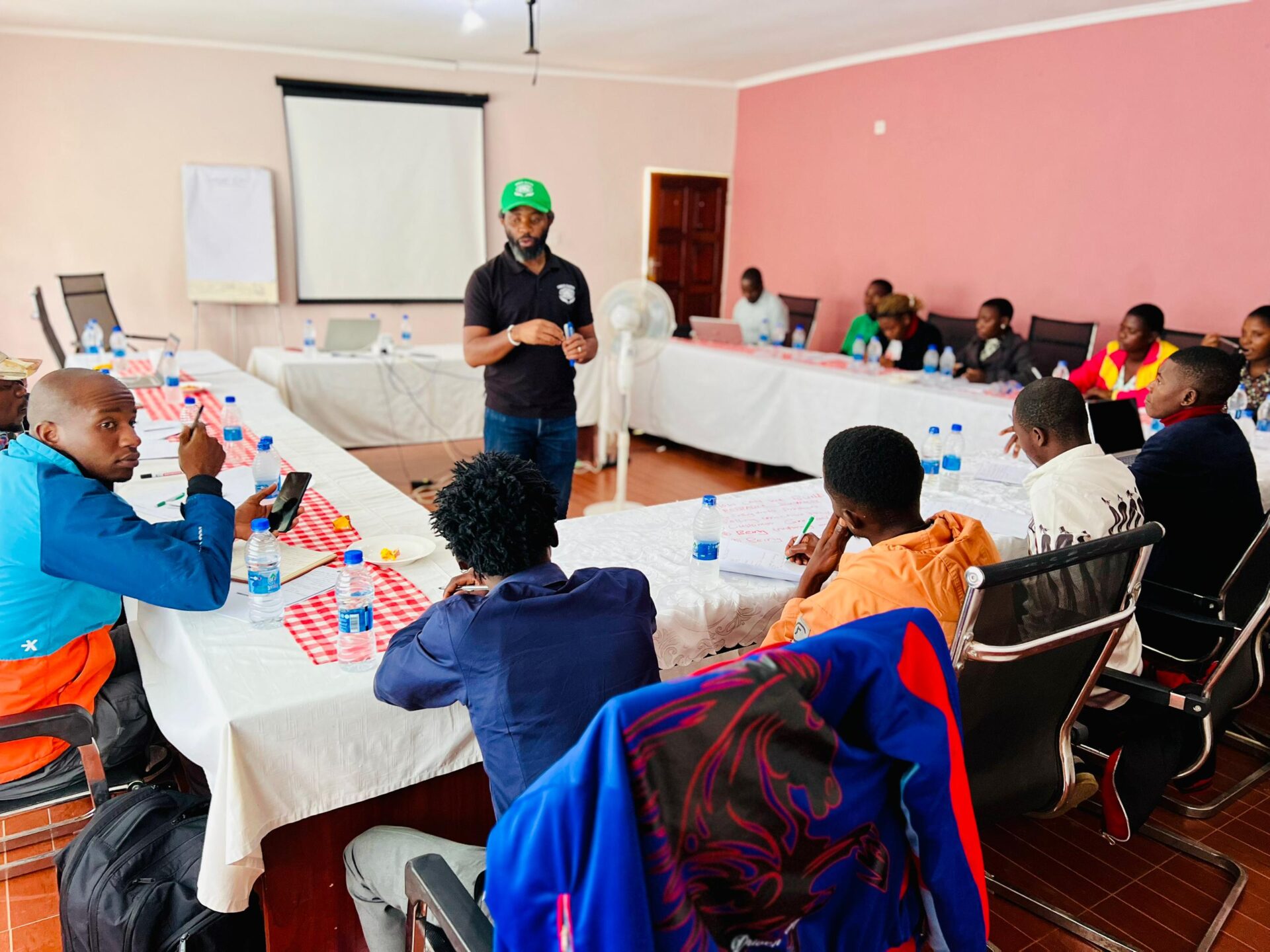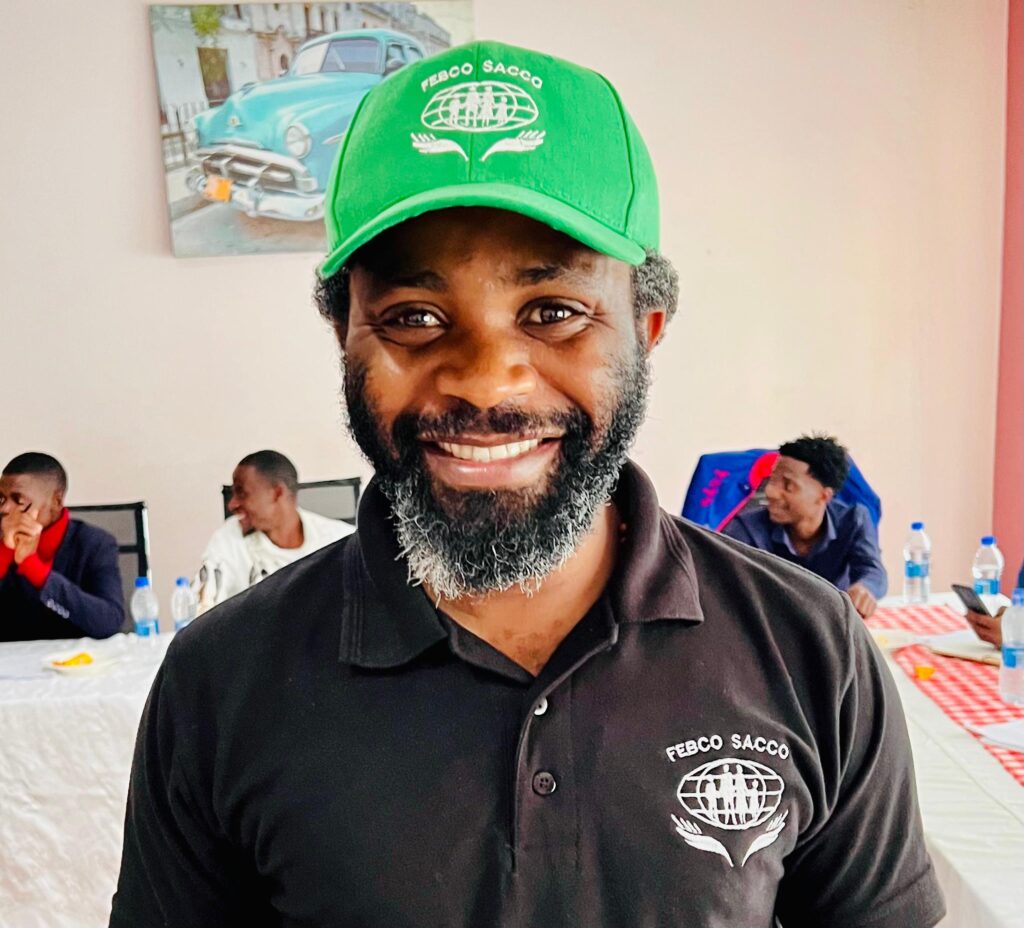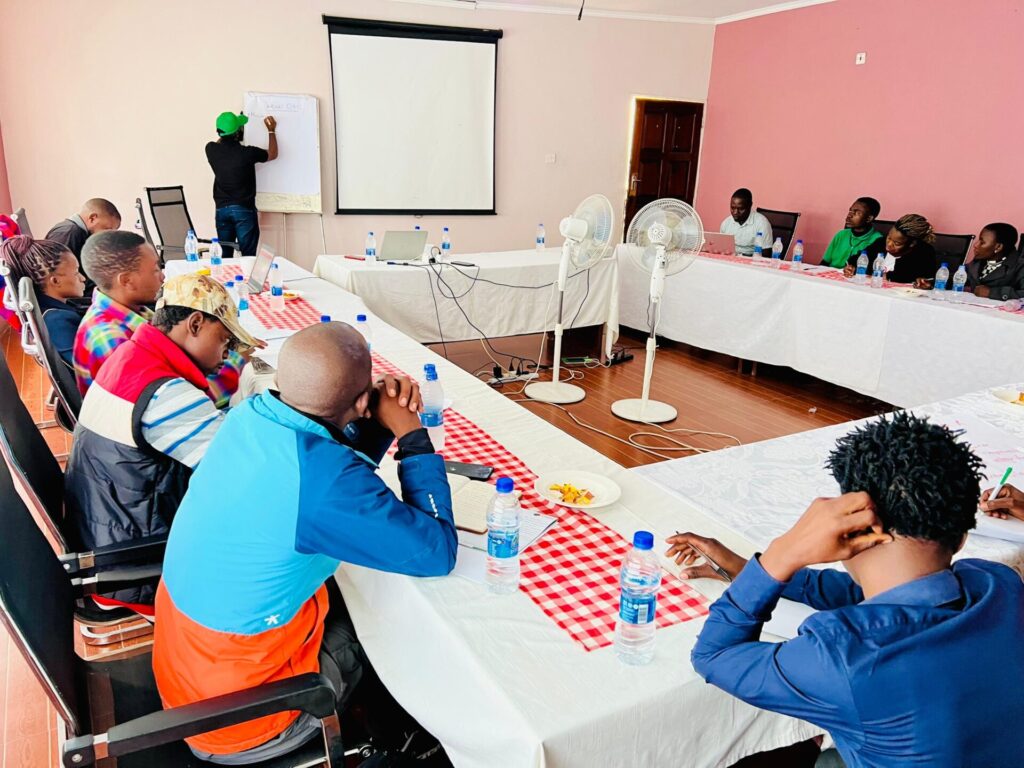How can innovation funding affect real change in last mile communities? The story of FEBCO

In 2019 and with support from UK Aid from the UK government, via the Transforming Energy Access platform, the GDC launched our very first innovation challenge which supported four GDC members with funding and technical assistance to pilot exciting new ideas in their organisations. With the GDC’s support, one of the innovation challenge winners – SolarAid – set up an energy Savings And Credit Cooperative Organisation (SACCO) through its Malawian social enterprise, SunnyMoney, called the Financing Energy Businesses Cooperative (FEBCO).
Fast-forward to 2025 and FEBCO has grown into a grassroots financial institution serving hundreds of clean energy entrepreneurs, women-led cooperatives, youth groups, and schools across Malawi. This isn’t just a success story for one of our members’ innovations – it’s a testament to how innovation funding can be catalytic in delivering real, lasting change in last mile communities.
An innovative cooperative built on trust and shared investment
Officially launched by SunnyMoney Malawi in 2020, FEBCO addresses a critical gap in the energy ecosystem: the lack of working capital and credit for small-scale distributors of solar products, clean cookstoves, and related energy technologies.
To better understand the work FEBCO is doing, we had a chat with Brave Mhonie, the General Manager. He shared insights into how this pioneering SACCO enables access to capital for entrepreneurs, homes, and institutions in Malawi, who are often overlooked by traditional banks.
FEBCO was created by and for people who understand Malawi’s energy challenges. Our goal is to make financing truly accessible to the people who are locked out of the formal banking system, says Brave.
Membership begins with a modest fee – around £10 – covering administrative costs and initial shares. Members must then purchase more shares to access finance. For example, a business can borrow up to four times the value of its shares, while individuals can borrow up to twice their shareholding.
This share-based model ensures the cooperative is rooted in mutual responsibility. “Every loan we give out is funded by our members. That’s what makes FEBCO different. We all have skin in the game,” Brave said.
Today, FEBCO boasts nearly 500 members across Malawi, including individuals, youth groups, corporate entities, institutions like schools and health centers, and small businesses operating in the energy sector.

Brave Mhonie, FEBCO’s General Manager at the SACCO’s event
Accelerating women’s empowerment and elevating underserved communities
FEBCO’s biggest contribution has been enabling women-led solar enterprises to thrive in places where commercial banks won’t go. Over 150 women’s groups across Malawi have accessed working capital through FEBCO, to grow micro-solar distribution businesses.
“We understand their context, challenges, and ambitions. That’s why FEBCO is so effective,” says Brave.
Group membership is also open to youth associations and cooperatives that run clean energy businesses. They contribute 50% of their inventory costs, with the remaining balance provided by FEBCO as a loan. Timely repayment builds trust and, in turn, leads to access to larger capital – enabling FEBCO members to expand their stock and their income-generating potential. By providing targeted financing, FEBCO enables them to scale operations, serve rural customers, and contribute to broader energy access goals.
Innovative solutions for education: solar lamp rentals
FEBCO’s model extends beyond private enterprise, collaborating with organisations like Empower Malawi to support clean energy solutions for public institutions, particularly schools.
In this initiative, FEBCO collaborates with a development partner to finance solar lamps for schools, which are then rented to students. FEBCO manages the cash collections from schools and saves money into schools’ accounts. The rental income is reinvested back into FEBCO to purchase more lamps and batteries, creating a sustainable circular model that supports education while expanding clean energy access for students with no electricity at home.
“This model supports both learning and livelihoods,” said Brave. “Students get access to light for studying, and the school and FEBCO benefit from a self-sustaining financial model.”
Bridging the financing gap left by traditional banks
FEBCO’s flexibility and responsiveness set it apart from mainstream financial institutions in Malawi. While commercial banks often undertake lengthy and intensive due diligence to process even very small credit requests – and have high collateral requirements – FEBCO offers fast, responsive lending tailored to the realities of the last mile energy access sector.
Commercial banks are very slow to respond to the needs of small-scale solar enterprises in the sector. FEBCO is fast, innovative, and benefits the entire ecosystem, adds Brave.
By reducing the financial burden on solar entrepreneurs, FEBCO plays a crucial role in accelerating energy access in last mile communities. The SACCO structure ensures that even the smallest actors can participate, contributing to a brighter and more sustainable future for Malawi.
Looking to the future: scaling ambition and national impact
FEBCO has already showcased that a member-owned, sector-specific cooperative can thrive in Malawi’s challenging energy finance landscape. But its ambitions go much further. Going forward, their goal is to enhance their operations and become a nationwide institution. This includes improving systems, expanding product offerings, and eventually transforming into a formal financial institution that serves the broader clean energy sector, not just the last mile.
As Malawi pursues its national electrification and sustainability goals, innovative models like FEBCO are essential. By empowering communities – both economically and practically – FEBCO is not just funding businesses; it’s fuelling a movement.

Photo credit: FEBCO
Why innovations like FEBCO matter to the GDC community
FEBCO began as a small pilot in 2019 and is now a force for energy access in Malawi. This demonstrates what’s possible when smart ideas receive the right support and the right partners. To the GDC, FEBCO is more than a finance institution – it’s a movement for community-led energy transformation. Here are some key takeaways:
- FEBCO demonstrates LMDs supporting fellow LMDs – two Malawi-based GDC members Zasolar and Vinje Green Innovations (VGI), formerly Dzuwa Gleam Energies, have received loans from FEBCO, channelling into their businesses.
- FEBCO is proof that innovation funding works and can be effective and impactful.
- FEBCO’s model – structure, governance, and member-led design can be adapted and adopted in different last mile contexts.
- FEBCO offers a sustainable approach to access to capital – instead of solely relying on donor funding, its share contribution system creates a sustainable fund owned and driven by its members.
- FEBCO targets the hardest-to-reach communities, including women’s groups, youth enterprises, and rural schools. Its community-first approach can help other LMDs to reach new customer bases and forge meaningful partnerships.
At GDC, our innovation programme provides GDC members, their partners and communities with opportunities to bring exciting ideas to life through grant funding and technical assistance. We are excited to see FEBCO grow over the years and look forward to witnessing it further.
If you are a GDC member or other LMD considering launching a cooperative, want to learn from FEBCO’s journey, or wish to join FEBCO or connect with their team, contact Brave Mhonie at brave.mhonie@sunnymoney.org.
